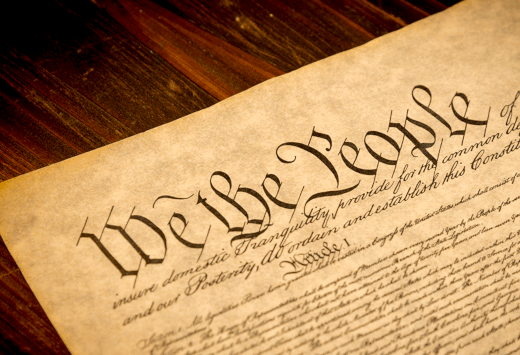Study American History, bringing documents from the past to life.
The Hilda E. Bretzlaff Ashbrook Academy in American History and Government is a series of summer programs designed for rising high school juniors and seniors who share a deep interest in U.S. History, Politics, and Economics. Unlike other courses or programs that tend to erode confidence and pride in our country by emphasizing its historical failures, the Ashbrook Academies invite you to consider the American experiment in self-government as a triumph, a victory for reason and the human spirit that warrants grateful celebration but also demands serious study.
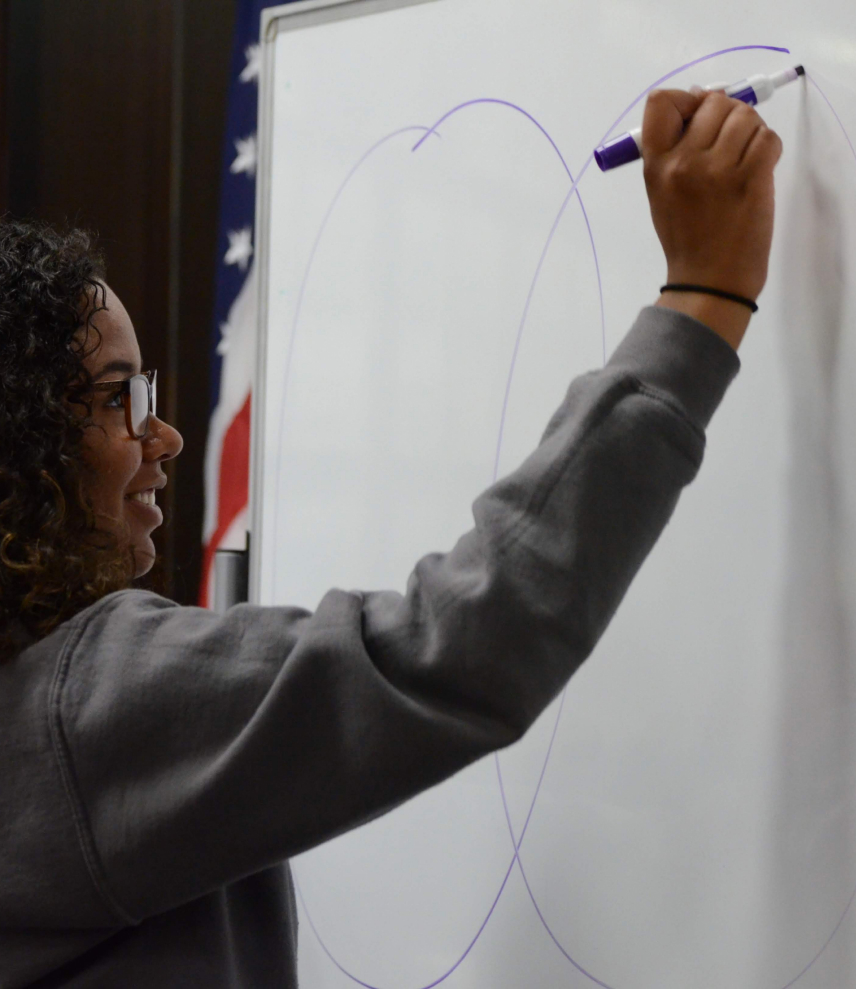
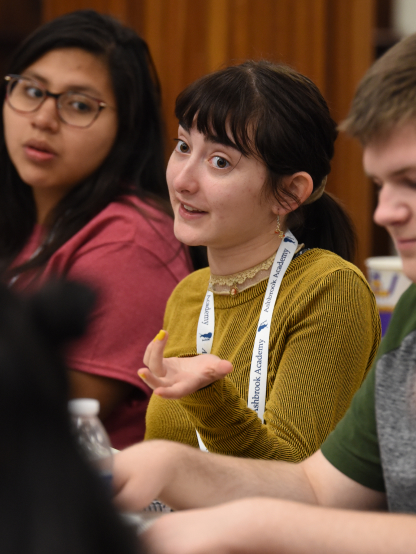
Our Academies are not just seminars; they are engaging experiences that will allow you to participate in and share in discussion and thinking.
Meet the Academies
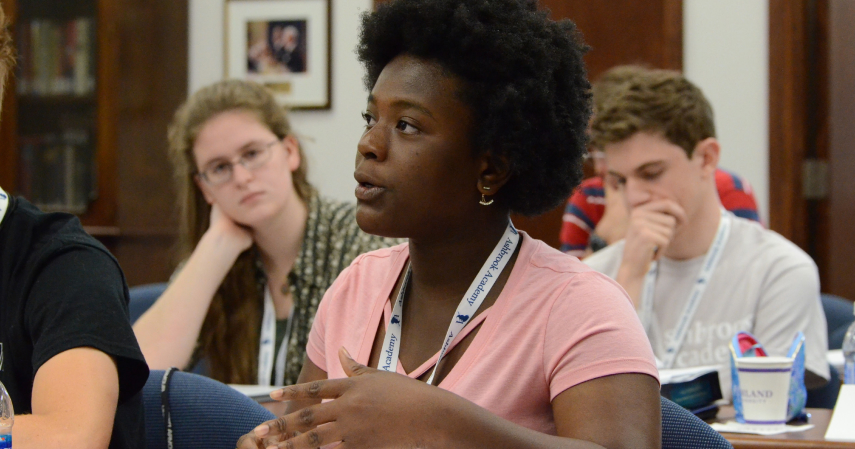
Ditch the textbooks.
The Academy is held at the Ashbrook Center on the campus of Ashland University in Ashland, Ohio, immersing you in a study of the biggest challenges that have faced our Republic. We accomplish this through a careful examination of primary documents rather than secondary sources, and conversational classes rather than lectures. In a friendly seminar setting, we examine the vital principles of our country.
Since 2015, the Academy has taken history out of textbooks and into students’ lives. By the end of the program, you will have acquired a deep understanding of the fundamental principles that define and unite us as Americans.
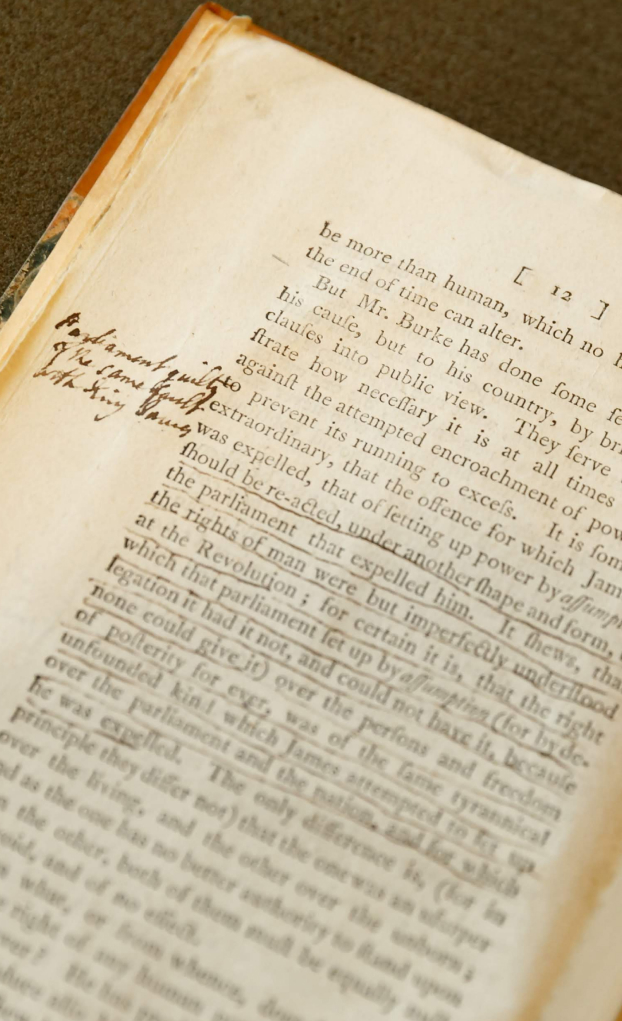
Why Use Original Documents?
History functions for a nation as memory does for an individual. Without memory, an individual or a nation has no identity, and ultimately, no existence. With false memories, each has only a distorted sense of self, misconceptions of virtues and vices, strengths and weaknesses—and hence little chance of a better life.
Government in the fullest sense is the way a people organize their common life to make it a better life. In the United States, the fullest expression of government is the self-governing of the American people. Preserving self-government requires clear-sighted attention to our fundamental principles.
These principles are found in the primary documents of our history. We aim to understand those documents as their authors did. This implies that we can escape our own time and understand something from another time. Indeed, one cannot deny this without self-contradiction: the denial would have to claim to be always true, thus to escape our time, as it denied such an escape was possible. If we can understand the documents of the past, then our minds are free from the present. If they are free from the present, then they are also free from the limits of gender, race, and socio-economic status that characterize us here and now. That our minds are free from these things means that we share a common humanity. It means, in the most important sense, that all men are created equal. Using primary documents to understand what their authors meant is simultaneously a defense of human freedom and equality.







